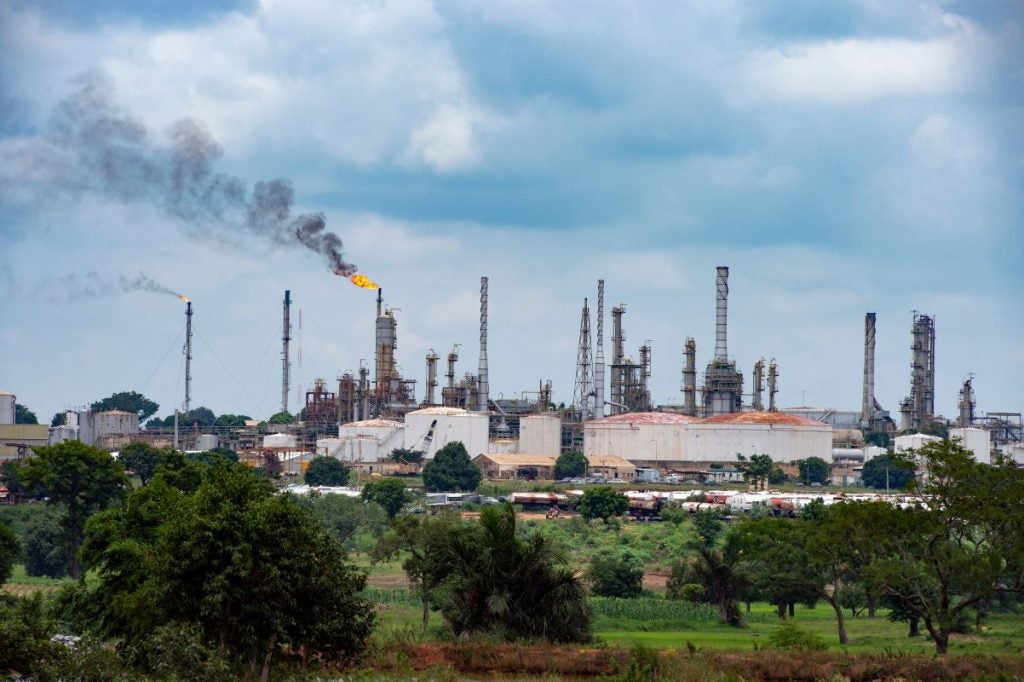Saudi Arabia has seemingly kept hold of some of its oil in June, with sea-based exports dropping substantially.
The world’s largest crude exporter contributed to a global reduction in seaborne oil movements of just over one million barrels a day, the biggest monthly drop of the year.
The nation, which holds around 17% of the world’s proven crude oil reserves, accounted for around half of the decline, reported Bloomberg, after assessing ship-tracking data.
During the summer months, the country usually holds and uses more crude oil in its power plants as demand for air conditioning rises.
The report also revealed sizeable decreases from Iran, Iraq and the US Gulf, while shipments from Brazil, Qatar and Russia rose.
Meanwhile, some of the latest business data from the kingdom has revealed that the country has seen a drop-off in growth in non-oil business activity.
Based on the latest Purchasing Managers' Index (PMI) data, and reported by Reuters, growth was at its lowest level in two and a half years in June.
Data from the Riyad Bank Saudi Arabia PMI was at 55, down from 56.4 for May.
The country has been looking to boost its non-oil economy as it gradually moves away from petroleum, with its non-oil economy valued at around $453bn (SR1.7trn) in 2023.
Much of the non-oil sector’s growth was based on industries such as entertainment, hospitality and tourism.
















